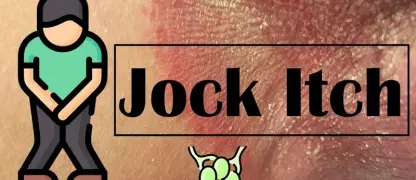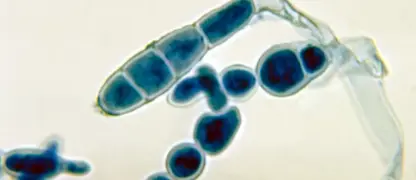Is that itchy scalp and hair loss just a rash, or is it scalp ringworm? Don't guess when it comes to your child's health. Understanding tinea capitis is crucial for fast, effective treatment and preventing its spread within your family.
What are the main causes of Tinea Capitis?
- This fungal infection on the scalp is caused by dermatophyte fungi that thrive on the dead tissues of hair and the outer layer of skin.
- The condition is highly contagious and spreads through direct contact with an infected person or by sharing personal items like combs, hats, or towels.
- You can also get scalp ringworm from contact with infected pets, such as cats and dogs, or contaminated surfaces where fungal spores can survive.

Key symptoms of Tinea Capitis to watch for
- Look for one or more itchy, scaly, round patches on the scalp, often with brittle hair that breaks off easily, causing significant hair loss.
- One common sign is "black dot tinea capitis," where hairs break off at the scalp's surface, leaving small black dots in the affected patch.
- In severe cases, a painful, inflamed, pus-filled mass called a kerion can develop, which may lead to permanent scarring and hair loss if untreated.
How can you prevent Tinea Capitis effectively?
- Teach children not to share personal items like hairbrushes, hats, pillowcases, or helmets with others to reduce the risk of transmission at school.
- Regularly wash bedding, towels, and hats in hot water and clean shared spaces to eliminate any lingering fungal spores that could cause a new infection.
- Check family pets for signs of ringworm, such as patches of missing fur, and seek prompt veterinary care if you suspect an infection.
>>> Don't miss: Pneumocystis pneumonia - A risk for the immunocompromised
Image of the disease Tinea Capitis

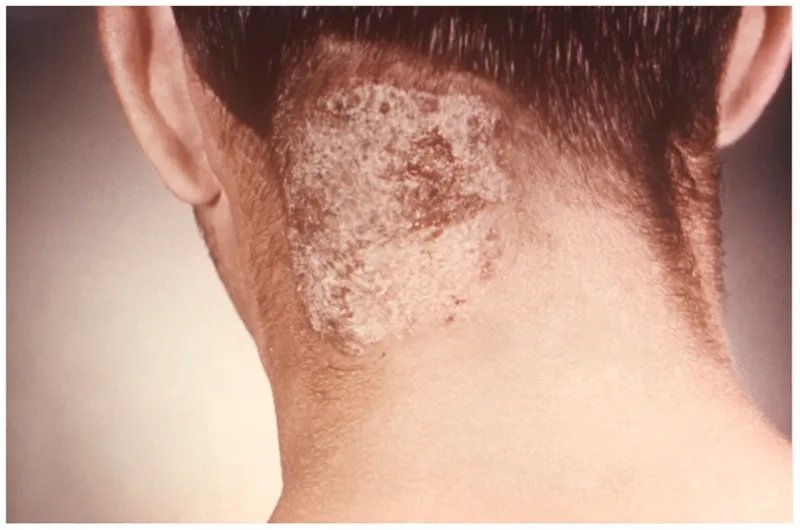
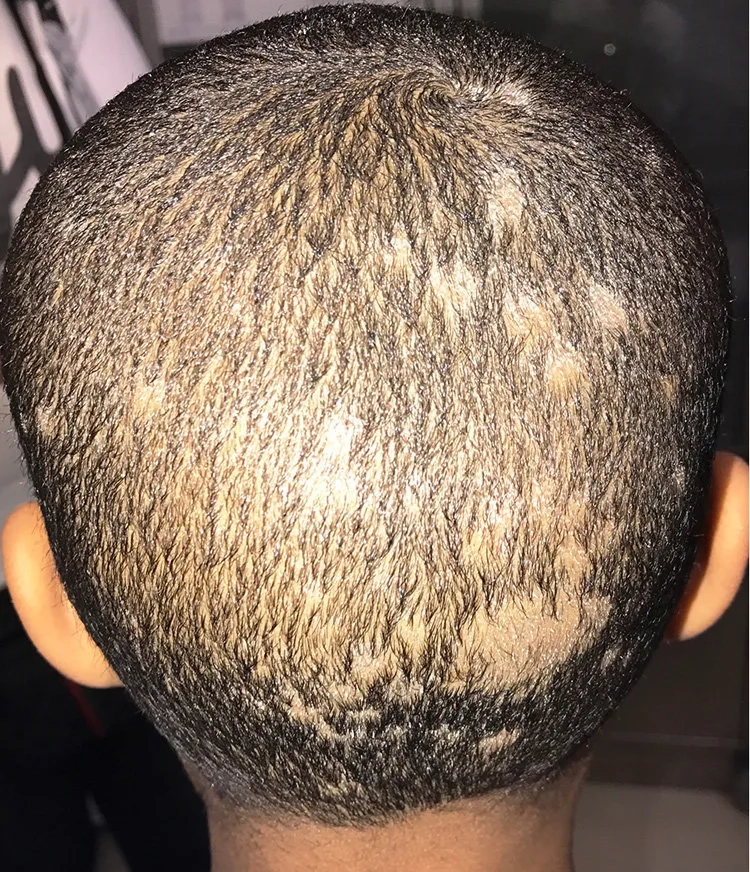
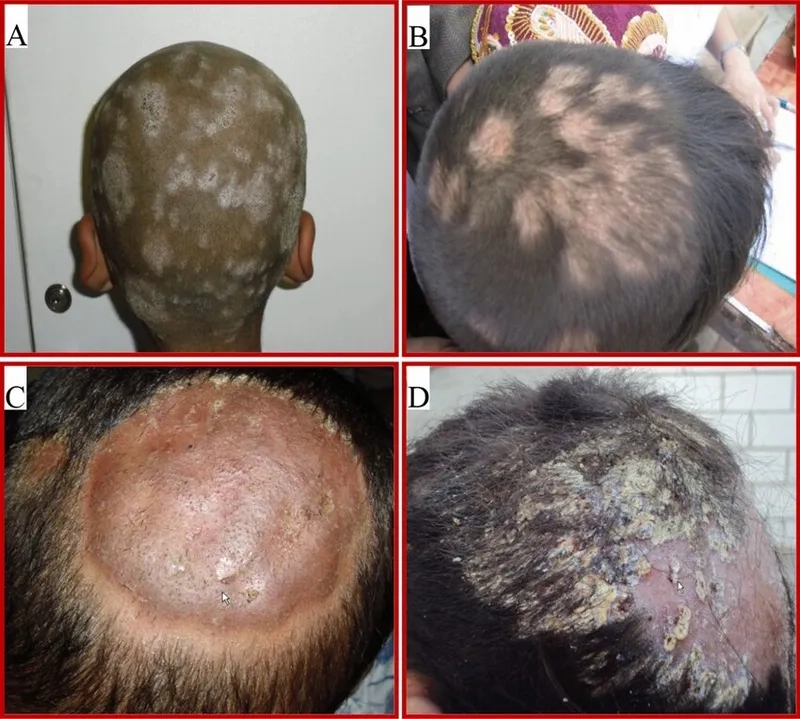
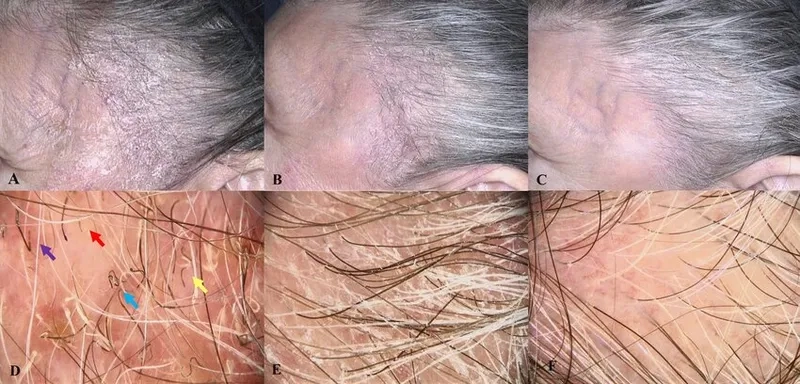
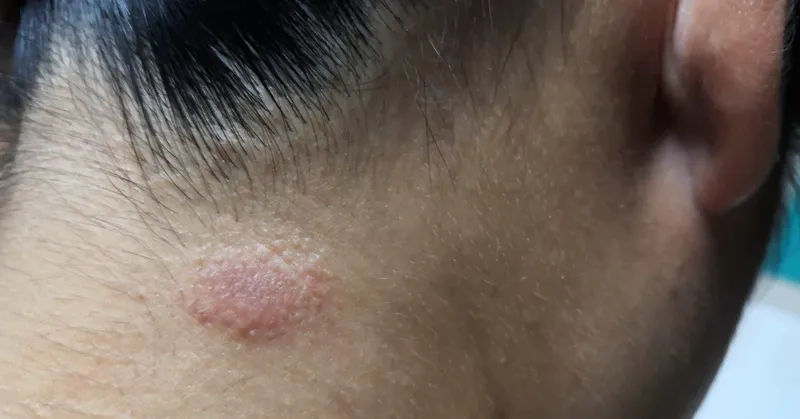

>>> See more: Rhinosporidiosis - A chronic fungal infection of the nose
Effective tinea capitis treatment, often involving oral medications like griseofulvin and antifungal shampoos, is essential. If you see symptoms, consult a healthcare provider for an accurate diagnosis and treatment plan.
>>> See details: Ringworm - A fungal skin infection, not a worm



